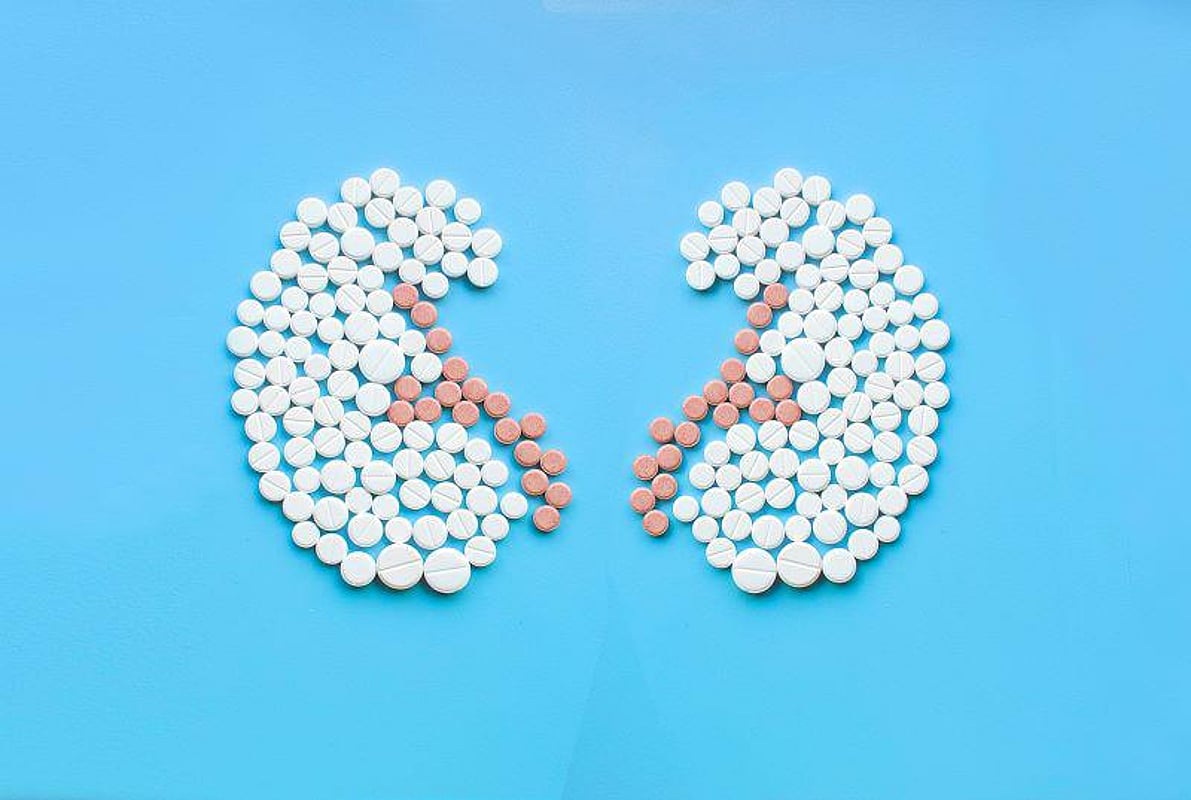Tacrolimus Variability Explored in Peds Kidney Transplant Recipients

THURSDAY, July 28, 2022 (HealthDay News) -- For pediatric kidney transplant recipients, tacrolimus intrapatient variability is associated with C1q-binding de novo donor-specific antibody formation, according to a study published online July 26 in the Clinical Journal of the American Society of Nephrology.
Kim H. Piburn, D.O., from Stanford University in Palo Alto, California, and colleagues analyzed all serum tacrolimus levels in participants who underwent kidney-only transplantation at a single pediatric center from 2004 to 2018 with at least 12-month follow-up to determine baseline variability. The association between intrapatient variability, defined using the coefficient of variation, and graft outcomes was examined in hazard models using tacrolimus intrapatient variability as a time-varying variable.
The researchers found that in 426 patients with a combined 31,125 tacrolimus levels, intrapatient variability developed a steady-state baseline of 30 percent at 10 months after transplant. Two-hundred twenty patients were included in the outcomes study, 51 of whom developed C1q-binding de novo donor-specific antibodies. Individuals who formed de novo donor-specific antibodies had higher intrapatient variability, with a median of 38 versus 28 percent for those who did not form donor-specific antibodies. The risk for de novo donor-specific antibody formation was increased for patients with high tacrolimus intrapatient variability (coefficient of variation >30 percent; hazard ratio, 5.35). The strongest association with C1q-binding de novo donor-specific antibody formation was seen for patients in the top quartile of tacrolimus intrapatient variability (coefficient of variation >41 percent; hazard ratio, 11.81).
"Our study confirms the findings of prior studies that high tacrolimus intrapatient variability is associated with inferior outcomes in pediatric patients with kidney transplants," the authors write.
Several authors disclosed financial ties to industry, including biotechnology and pharmaceutical companies.
Abstract/Full Text (subscription or payment may be required)
Editorial (subscription or payment may be required)
Related Posts
Los gases y el polvo en el lugar de trabajo podrían aumentar el riesgo de artritis reumatoide
VIERNES, 9 de diciembre de 2022 (HealthDay News) -- El aire del lugar de trabajo...
Cancer Patients May Be at Higher Odds for Rare Neurological Disorder
THURSDAY, March 3, 2022 (HealthDay News) -- People with cancer may be at...
Thousands of Tons of Toxic Chemicals Are Released Into American Homes Each Year
TUESDAY, May 2, 2023 (HealthDay News) -- Many common household products emit...
